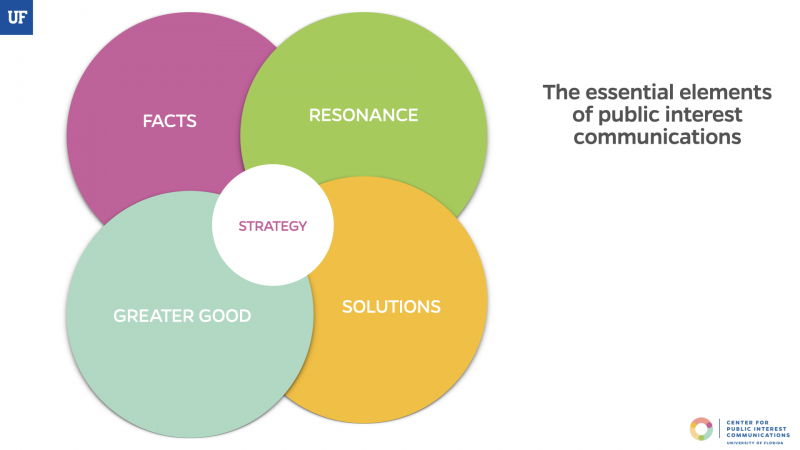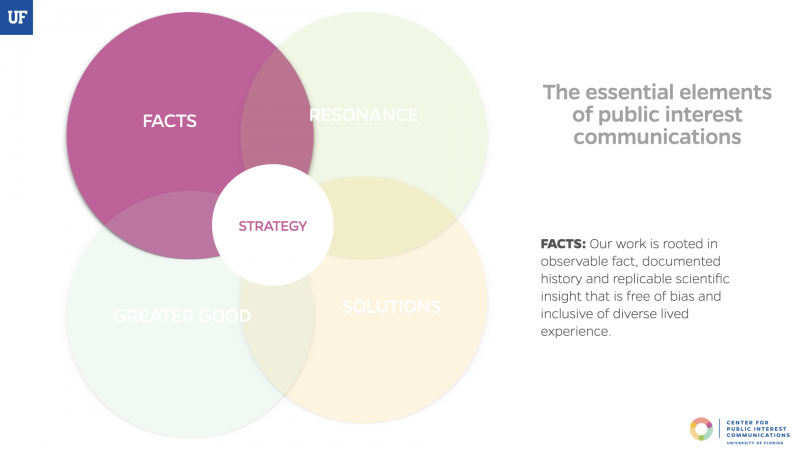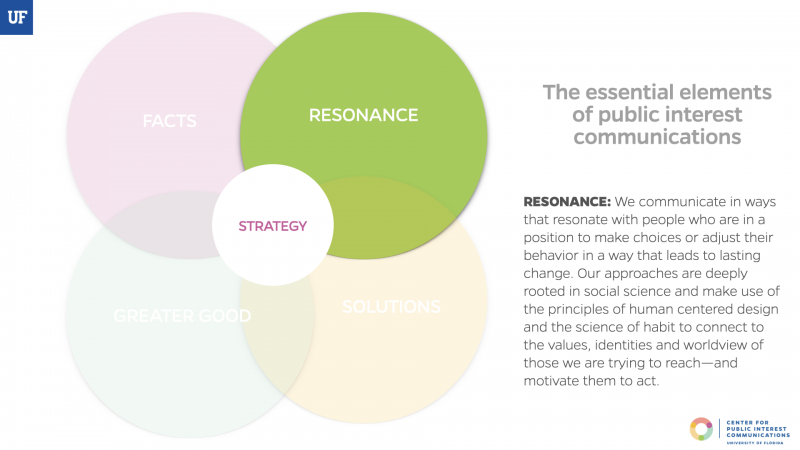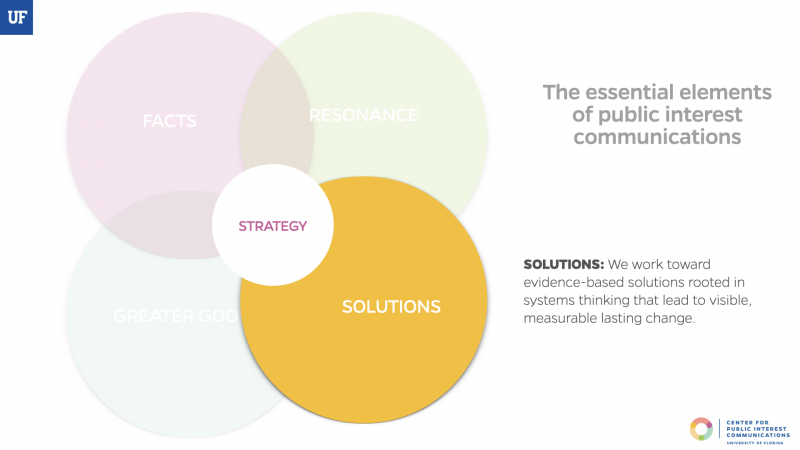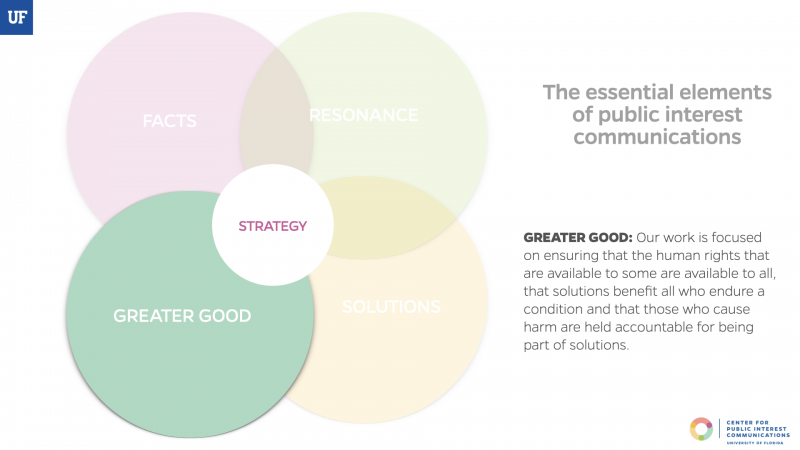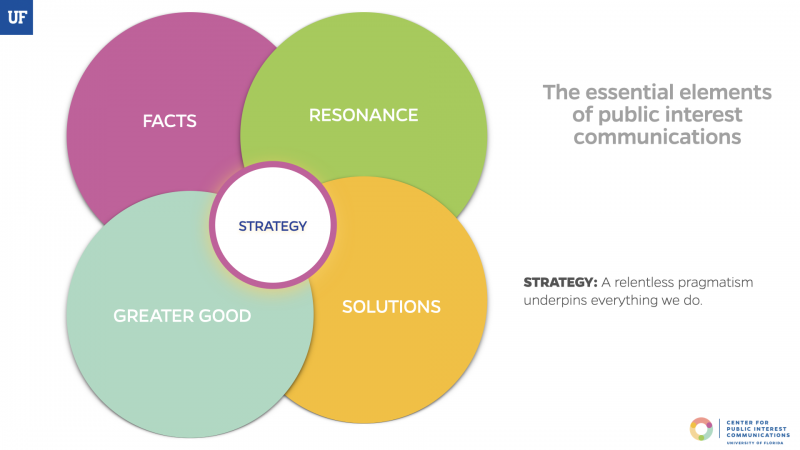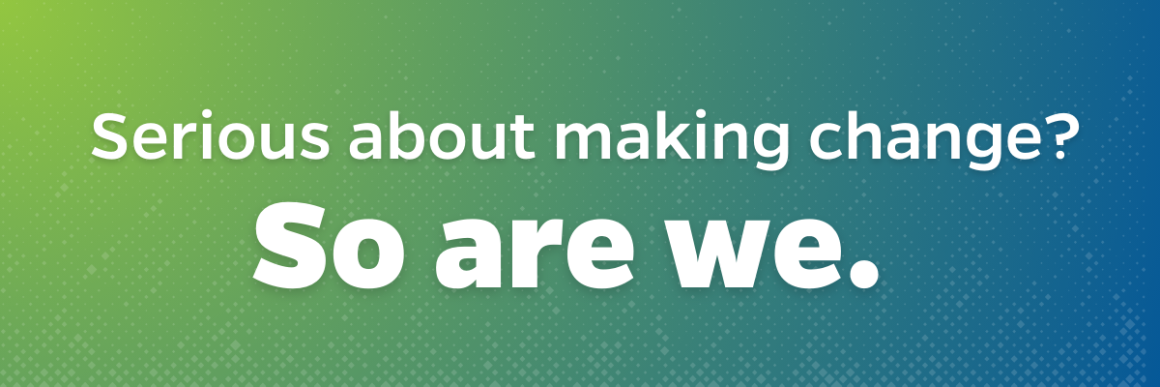Public Interest Communications is a field long practiced, but recently defined. Those who practice or study it are continuously applying new insights and techniques to make their work more effective. The field borrows elements from its sister fields of public relations, advertising, journalism and marketing, but it is informed by sociology, psychology, political science, neuroscience and systems-thinking.
It is the development and implementation of science-based, strategic communication campaigns with the goal of achieving significant change and sustained positive behavioral change on a public interest issue that transcends the particular interests of any single organization.
Lasting change – that’s our end goal. We don’t believe in “raising awareness” because if people have to come up with their own actions to create change, the cause will probably fail. Change is when people start doing something they aren’t doing, or stop doing something they are already doing.
See Ann Christiano, Director of the Center for Public Interest Communications, discuss how words change lives.
Examples of successful campaigns include the Montgomery Bus Boycott, advances in marriage equality, increases in seatbelt use and reductions in smoking. Each of these campaigns is distinguished by a singular focus on a goal and lasting policy and behavior change.
Public Interest Communications at the University of Florida
There is a rich and robust history of public interest communications at the University of Florida. Established in 2009, with an endowment by Frank and Betsy Karel to establish a chair in the then-emerging focus called “public interest communications,” efforts to build a community of practice, a research field and curriculum to offer to universities have grown to global reach from its root in Gainesville, Florida.

